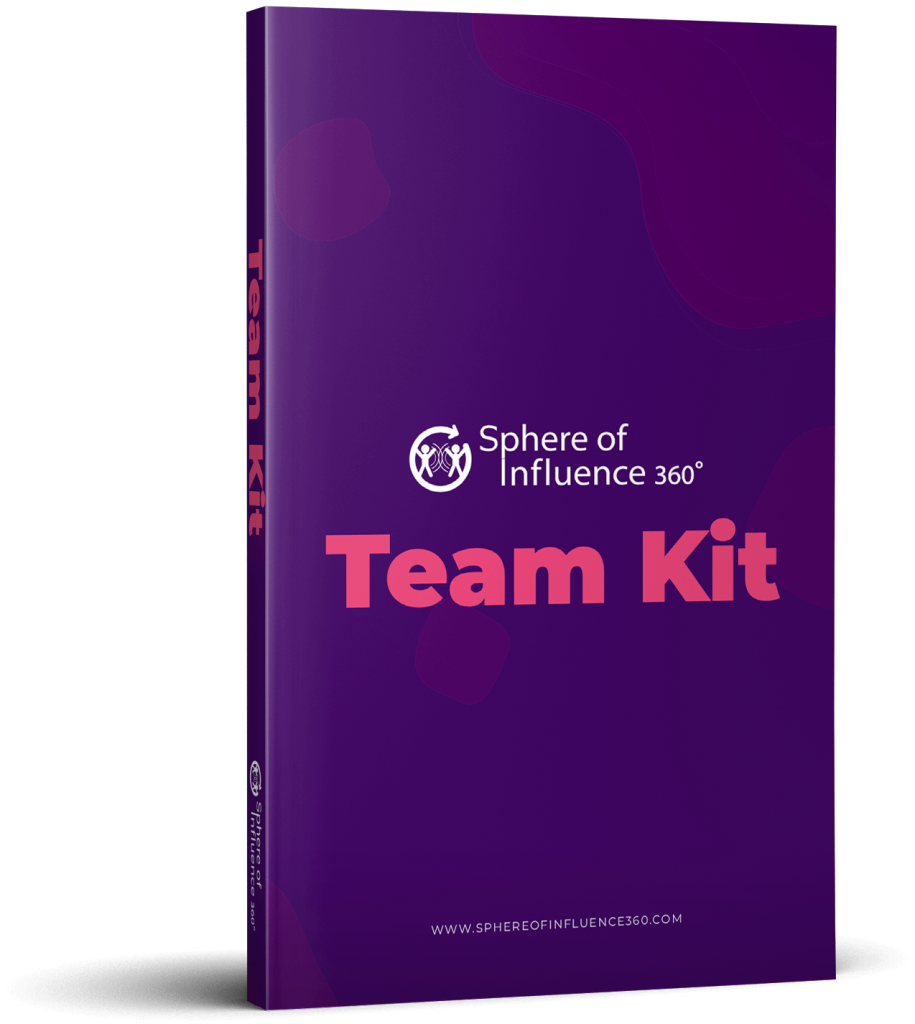Barst jij ook weleens in lachen uit op de meest ongepaste momenten? Wanneer je iemand ziet struikelen bijvoorbeeld, of als een collega een mislukte grap maakt?
Soms zijn situaties eigenlijk helemaal niet grappig, maar liggen we toch in een deuk. Wetenschappers beweren zelfs dat dit het geval is in 80% van de situaties waarin we moeten giechelen. Hoe komt dat toch?
Het antwoord hierop lijkt ‘stress’ te zijn.
In dit artikel onderzoek ik wat het verschil is tussen ontspannen lachen en nerveus giechelen. Dit, om te ontdekken waarom je in lachen uit kan barsten als je zenuwachtig bent of je ongemakkelijk voelt. Daarbij geef ik je ook drie tips die kunnen helpen om het gegiechel in de kiem te smoren in situaties waarin dit niet uitkomt.
Why Does Stress Make Us Giggle?
In my Losing Your Sense of Humor Stress Card, I explained that laughter is often a brilliant medicine. As well as slowing a racing heartbeat, a healthy dose of the giggles can alleviate our stress through feel-good endorphin release.
Nervous laughter, however, isn’t quite the same—rather than releasing anxious pressure, it tenses up our muscles, counterproductively making us feel even tighter.
It’s because “stress giggles,” if you will, are rather like a defensive reaction. They arise instinctively, often triggered by the subconscious fear that we’ll hurt someone else.
Yes—that we’ll hurt someone else, either physically or emotionally.
If that sounds strange, consider the infamous ‘Milgram Experiments’ as an example. These notorious 60s experiments examined unwitting subjects’ emotional reactions when they thought they were electrically shocking an unseen victim.
They’d press a button, these ‘shockers’, and their ‘victim’ (an actor) would fake a pain response by screaming in feigned agony.
Some of the ‘shockers’ were notably distressed, but others…well, reportedly…they laughed.
In a nutshell, nervous giggles represent alarm, mortification, confusion, or even sheer awkwardness. They’re an ill-timed, and often a highly hard-to-recognize sign that we feel plain old uncomfortable.
4 Disadvantages of Stress Giggling
Ill-timed giggles have a few disadvantages, as some of us will know. As well as making us seem immature, callous, or cruel, they can:
- Hurt others’ feelings
- Cause them to feel uncomfortable about being open with us
- Disrupt our meetings, work, and conversations, and
- Make us seem less confident when we’re trying to make an impact.
Here are a few effective ways to contain your giggles when you feel it’s inappropriate.
3 Ways To Curb Nervous Laughter
These tips are a combination of mental and physical strategies—if one doesn’t work for you, try another!
1. Find a Distraction
By definition, inappropriate nervous laughter often strikes when it’s least convenient. Mid-conversation, perhaps, or halfway through a meeting.
Finding or creating a distraction can turn your attention elsewhere, often successfully nipping it in the bud.
If the urge to giggle bubbles up when you just can’t escape, try these:
- Pick a letter from the alphabet and search the room for items that start with that letter. Or search for items of a certain color—whatever works for you.
- Give yourself a little pinch while singing your favorite song in your head
- Count backward from 100 in multiples of 3, or
- Do anything else that isn’t too noticeable, but successfully distracts you in a second.
2. “If-Then” Implementation Intentions
The If-Then formula is a tried-and-true coaching strategy to help you stay on track despite obstacles. If your goal is not to laugh, having an implementation intention (or advance plan) is quite simple.
If: A certain cue triggers your urge to giggle
Then: You do whatever you’ve planned to do instead of giggling.
For example “If I feel I might laugh in this meeting, then I’ll quickly start counting backward from 100 in multiples of 3.”
This works best if you consider your cues beforehand; a few common triggers of nervous laughter include:
- Feeling uncomfortable with new people
- Emotional confrontations, or
- Being in large groups.
3. Practice Mindful Breathing
You can very often stop nervous giggles in their tracks by taking a conscious or mindful approach to your breath. This is a two-pronged strategy: it distracts us physically, and actively makes it harder for us to laugh.
When you feel you’re about to giggle, close your mouth and breathe in through your nose. Inhale deeply from your belly to slow your breath, and exhale slowly while counting to ten.
If you’re worried that you might look funny, simply lower your gaze to the floor while you do your mindful breathing. This exercise might not come naturally to you at first, but with repeated practice, you’ll soon become a pro at deep breathing when the urge to giggle strikes.

